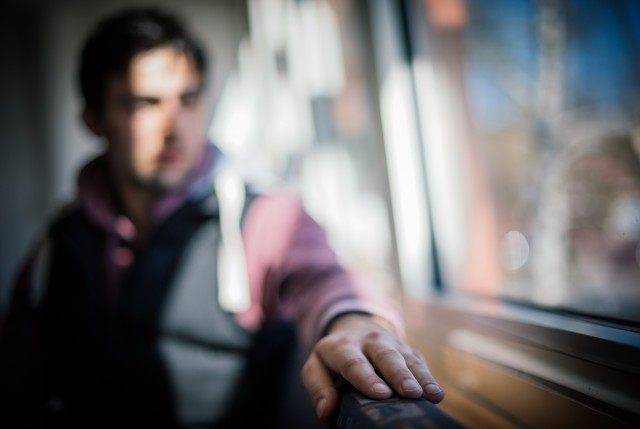To date in 2015 the Swedish Migration Board (Migrationsverket) has recorded almost as many reports of threats and violence in asylum accommodation in Sweden as for all of 2014. Incidents reported are not limited to threats and violence against other people alone, but also to vandalism, arson and even attempted suicide.
Swedish newspaper Dagens Nyheter reports so far this year, about 35,000 people applied for asylum in Sweden and a record number, 82,000 people are now enrolled with the Migration Board. The vast majority have fled the civil war in Syria but other countries featuring strongly in the immigration statistics are Somalia, Eritrea, Afghanistan, Kosovo and Iraq.
This has led to overcrowding in immigration housing. In late July, 16,000 asylum seekers were registered in temporary holding places around Sweden. Intended to serve as a short-term solution, most residents have lived there more than half a year. Between four and ten people are forced to share rooms, often arriving as complete strangers from different parts of the world, many unable to speak with each other.
So far in 2015 Swedish Migration Board staff have recorded 804 incident reports, compared with 948 during the whole 2014. Previous years to that saw the figure holding stable at around 500 per annum.
516 incidents occurred in accommodation where asylum seekers are forced to share rooms with people of different nationalities. Other incidents happen at meetings with Migration Board personnel. Monica Karum Bergvall of the Swedish Migration Board told the newspaper there will be more unreported incidents as they cannot police accommodation around the clock, especially in the larger centres.
Bergvall puts some of the volatility down to the delays in the system. Back in 2012 the average waiting time for an asylum application to be processed was three to four months – today it takes on average more than seven months and the Migration Board has already told the government that is likely to go up to ten months.
When the length of time is coupled with a refusal to accept the application the reaction from the asylum seekers can be violent. In most cases this is verbal but examples such as a staff member being sprayed with lighter fuel have been recorded.
Solvig Ekblad, professor of multicultural health services research at the Karolinska Institute, told the newspaper many asylum-seekers experience powerlessness during the process. The absence of structure and activity during the day also feeds stress and in the end it is predictable many react badly.
Ekblad warns that given the overcrowding in much refugee accommodation she is surprised worse things have not happened.

COMMENTS
Please let us know if you're having issues with commenting.